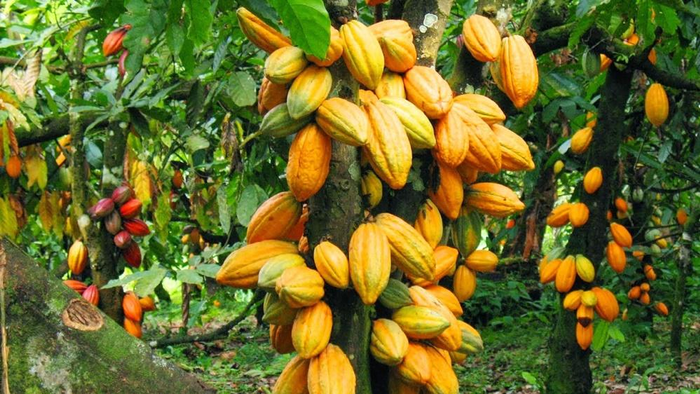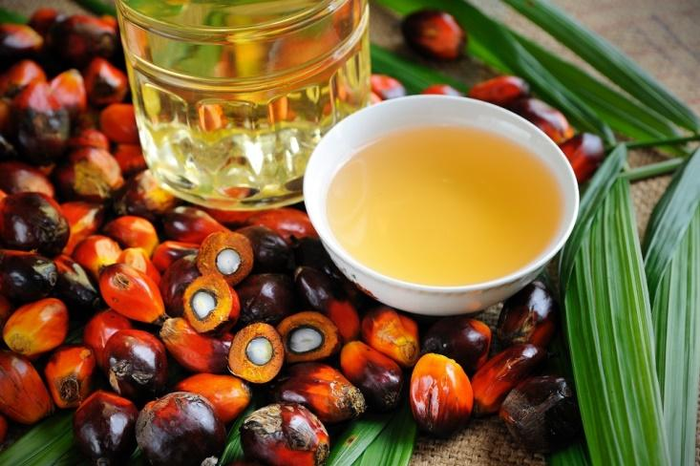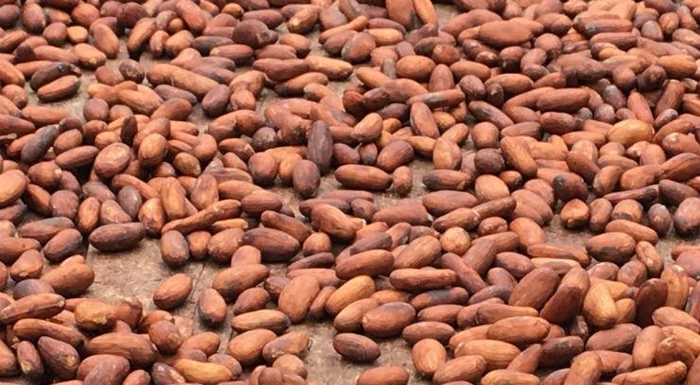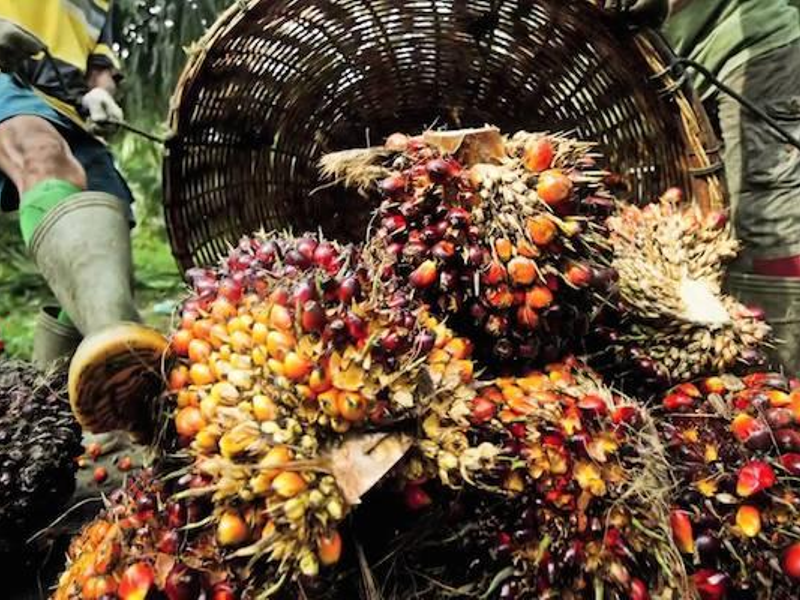Nigeria is a renowned producer of palm oil and cocoa. However, the country’s agricultural sector is underdeveloped, and many farmers do not have access to modern technology. In addition, Nigeria lacks storage and processing facilities. These factors limit Nigeria’s ability to compete in the global market for palm oil and cocoa.
With its long history of palm oil and cocoa production, Nigeria was one of the first in West Africa to begin producing palm oil, and today it is one of Africa’s leading producer. The country is also a major producer of cocoa, and its beans are among the finest in the world.
Palm oil production in Nigeria dates back to the early 1800s, when the British began cultivating the crop in their colony. Today, palm oil is an important part of the Nigerian economy, and the country is a leading exporter of the commodity. Cocoa was also introduced to Nigeria in the late 1800s by British traders, and today it is one of the country’s main agricultural products. Nigerian cocoa beans are highly prized for their quality, and the country is one of the world’s leading producers of the commodity.

The benefits of palm oil and cocoa are numerous. Palm oil is a versatile product that can be used in cooking, as a skin moisturizer, and even as a biofuel. Cocoa is rich in antioxidants and has been shown to improve heart health and cognitive function.
Palm oil and cocoa are both indigenous to West Africa. In recent years, Nigeria has become one of the leading producers of these two commodities. Here are some of the benefits of palm oil and cocoa:
Nigeria’s palm oil and cocoa farmers are some of the hardest working in the country. They provide a vital export for the Nigerian economy, yet they often struggle to make a living from their crops.
Low prices are a major problem for farmers as they often cannot cover their costs of production. This is due to the fact that there is little processing infrastructure in Nigeria and most of the palm oil and cocoa is exported raw. This means that farmers receive a lower price for their products.
Poor infrastructure is another big challenge facing Nigerian farmers. There are few roads and no railway lines in many rural areas, making it difficult to get crops to market. This lack of infrastructure also makes it difficult for farmers to access credit as financial institutions are often located in urban areas.
Limited access to credit is equally a major problem for small-scale farmers who often rely on loans to finance their operations. However, due to the high interest rates charged by banks, many farmers are unable to obtain loans. This leaves them at the mercy of moneylenders who often charge exorbitant interest rates.
Despite these challenges, Nigeria’s palm oil and cocoa farmers continue to produce some of the best quality products in the world. With improved infrastructure and better access to credit, they could become even more successful in the future.

However, in recent years, the palm oil and cocoa industries in Nigeria have undergone some changes. First and foremost, production levels have increased significantly. In fact, between 2000 and 2016, production of palm oil rose from about 1 million tons to over 4 million tons. This increase can be attributed to a number of factors, including improved planting and harvesting techniques, higher yields, and greater investment in the industry.
As a result of this increased production, Nigeria has become one of the leading producers of palm oil in Africa. In 2016, the country was responsible for about 15% of the continent’s total output. This is good news for the Nigerian economy as the palm oil industry is worth an estimated $5 billion annually.
Not surprisingly, the increase in production has also led to an increase in exports. In 2016, Nigeria exported over 2 million tons of palm oil, most of which went to destinations in Asia and Europe. This represents a significant increase from past years when export levels were much lower.
The cocoa industry has also seen some changes in recent years. Production levels have remained relatively stable, but there has been a shift in where the country’s cocoa is being exported. In the past, most of Nigeria’s cocoa was shipped to destinations in Europe. However, nowadays more than 60% of it goes to Asia (mainly China), with only about 20% going to Europe.
This change is due to a number of factors, including changing tastes among consumers.

The future looks bright for Nigeria’s palm oil and cocoa industries. With the country’s vast land area and favorable climate, there is potential for further expansion of both crops. The Nigerian government is committed to supporting the development of the palm oil and cocoa industries, and has put in place policies to attract investment and encourage growth. In addition, international organizations are working with Nigeria to improve production practices and increase output. As a result, it is expected that Nigeria will continue to be a major player in the global palm oil and cocoa market in the years to come.

Minna Davies is a creative writer and a thespian with a degree in theatre arts from the University of Lagos. He has been privileged to have some of his works featured on Nigeria’s big stages. It is important to dream, but if no one gets to see it, it is as good as dead.





